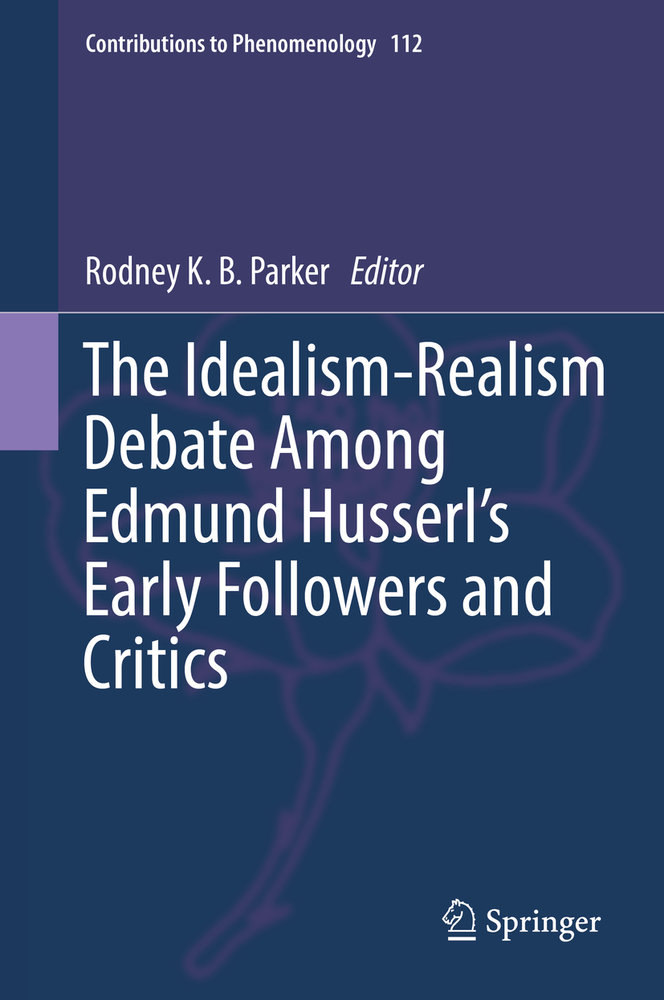This volume aims to contextualize the development and reception of Husserl´s transcendental-phenomenological idealism by placing him in dialogue with his most important interlocutors - his mentors, peers, and students. Husserl´s turn to idealism and the ensuing reaction to Ideas I resulted in a schism between the early members of the phenomenological movement. The division between the realist and the transcendental phenomenologists is often portrayed as a sharp one, with the realists naively and dogmatically rejecting all of Husserl´s written work after the Logical Investigations. However, this understanding of the trajectory of the phenomenological movement ignores the extensive and intricate contours of the idealism-realism debate. In addition to helping us better interpret Husserl´s attempts to defend his idealism, reconsidering the idealism-realism debate elucidates the relationship and differences between Husserl's phenomenology and the broader landscape of early 20th century German philosophy, particularly the Munich phenomenologists and the Neo-Kantians. The contributions to this volume reconsider many of the early interpretations and critiques of Husserl, inviting readers to assess the merits of the arguments put forward by his critics while also shedding new light on their so-called misunderstandings of his idealism. This text should be of interest to researchers working in the history of phenomenology and Husserlian studies.


